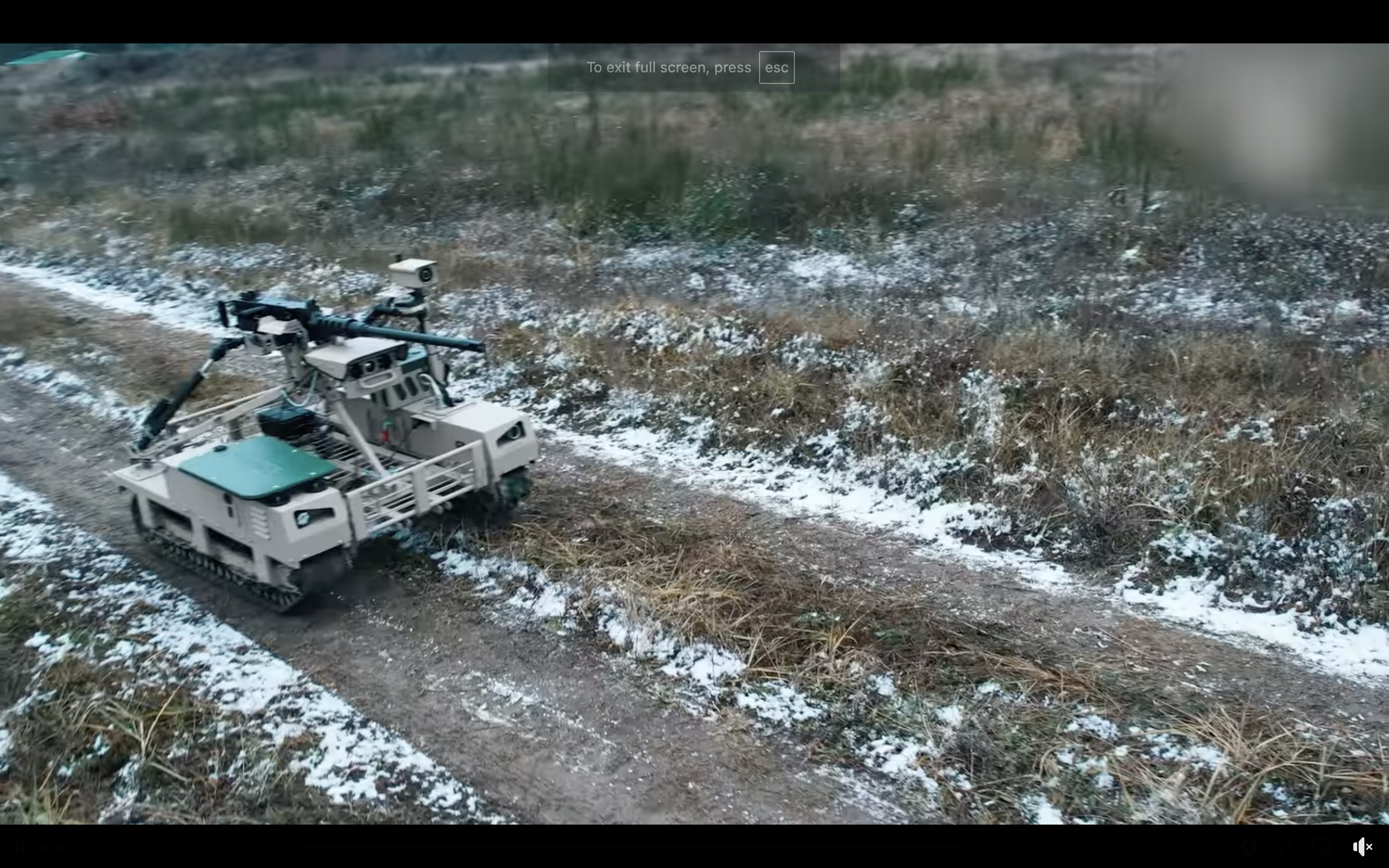Moscow is short of cash. The Russian Ministry of Finance has now presented the main points of a planned tax reform. It includes an income tax hike for high earners, with the maximum rate going up from 15 to 22 percent, and an increase in corporate tax rate from 20 to 25 percent. There will also be no more exemptions for VAT. Is the reform the "adjustment for fairness" it claims to be?
Superrich getting off lightly
JOIN US ON TELEGRAM
Follow our coverage of the war on the @Kyivpost_official.
The plan is socially unjust, argues journalist Sergei Yezhov in a Telegram post picked up by Echo:
“A higher tax rate [more than the standard 13 percent] will be introduced for those earning 200,000 roubles a month [approx. 2,000 euros]. People with that kind of salary can hardly be described as very wealthy in Moscow. So the idea is to cash in on this class with a small surplus, while oligarchs find ways to optimize their taxes... In addition, only salaries will be taxed at relatively high rates, whereas dividends are only taxed at 15 percent. So company owners will pay less than their employees – what an absurdity... This is what this 'progressive taxation' looks like. And there's no minimum below which income is tax-free. Not even the poorest will be exempt from this burden.”
Footing the bill for the war
In a Facebook post, political scientist Ilia Matveev sees the Russian war economy reaching its limits:
“The main measures include increasing VAT and corporation tax. Hence, the population and companies will continue to finance the war. The question is whether the defense industry can bolster the civilian sectors (true 'military Keynesianism'). But Russia has reached its limits in terms of reducing unemployment, utilising free production capacities and general synergies between the civil and military sectors. The military sectors are already growing while the civilian sectors are stagnating.”

Sanctions Busting: Germany’s Role in Dodging Russian Sanctions
You can also highlight the text and press Ctrl + Enter






